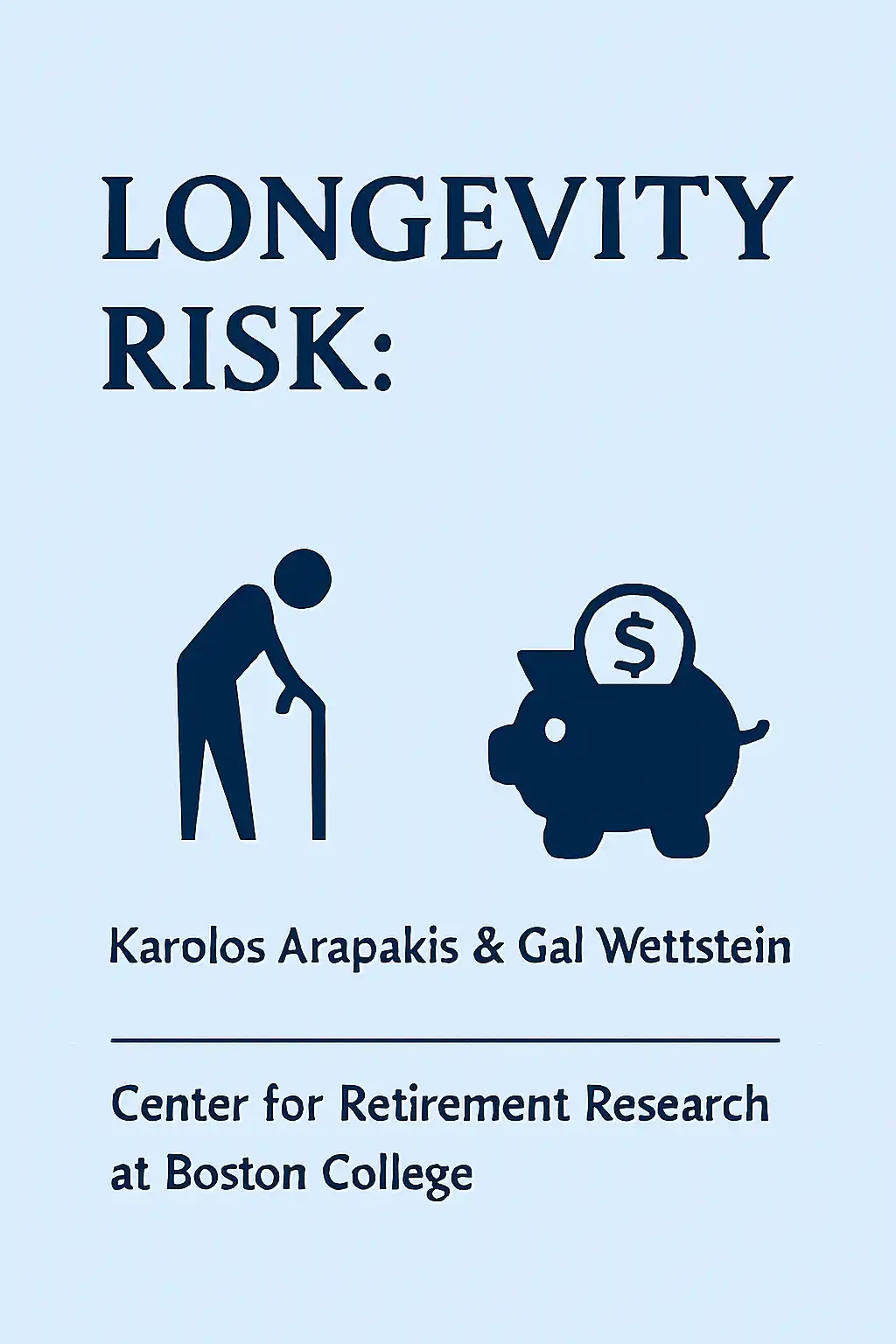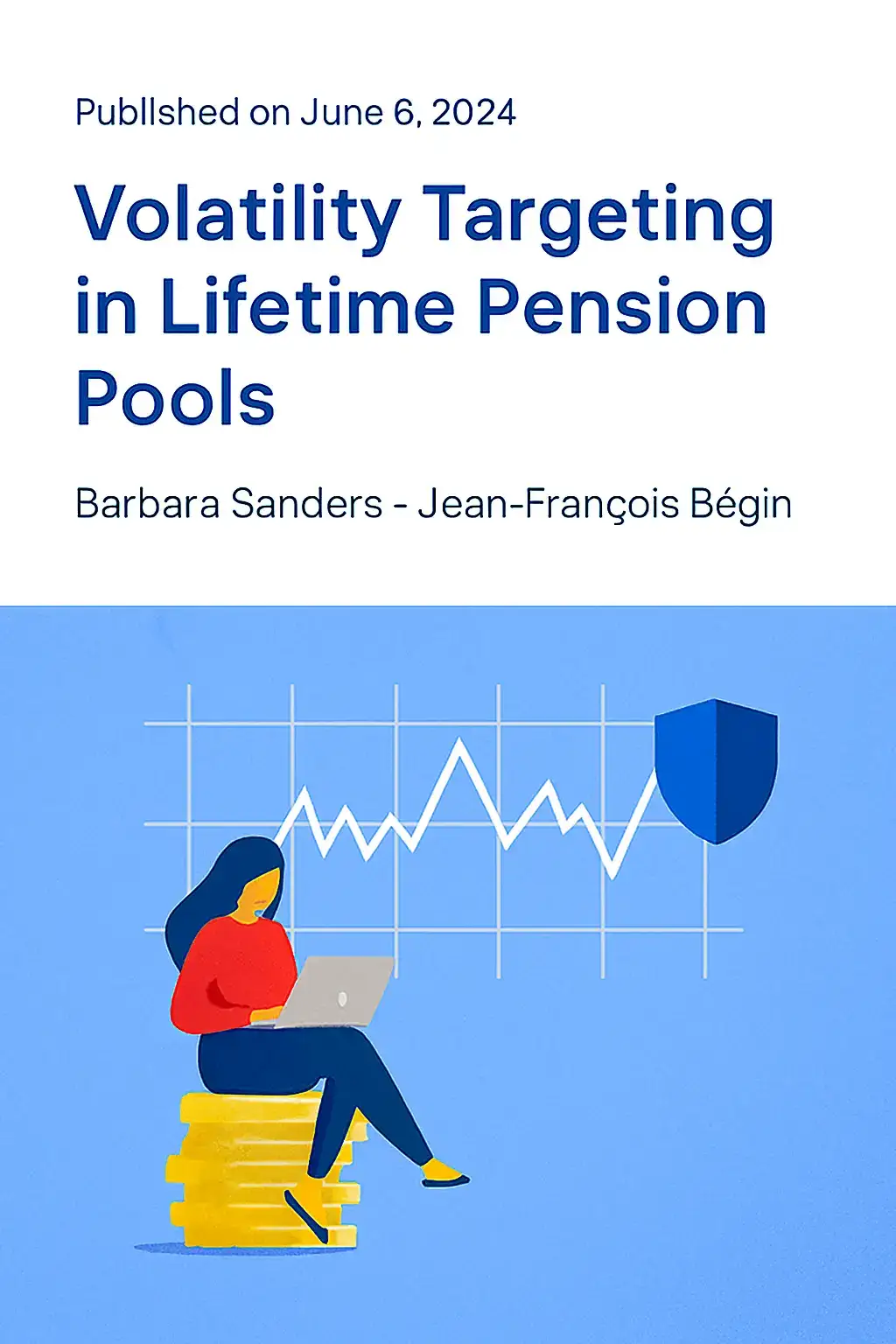The intent of the study:
"We consider the holder of an individual tontine retirement account, with maximum and minimum withdrawal amounts (per year) specified. The tontine account holder initiates the account at age 65 and earns mortality credits while alive, but forfeits all wealth in the account upon death. The holder wants to maximize total withdrawals and minimize expected shortfall at the end of the retirement horizon of 30 years (i.e., it is assumed that the holder survives to age 95). The holder controls the amount withdrawn each year and the fraction of the retirement portfolio invested in stocks and bonds."
Their main conclusion:
"...individual tontine accounts allow for complete flexibility in asset allocation strategies and do not require purchase of expensive investment products. These accounts are essentially peer-to-peer longevity risk management tools. Consequently, the custodian of these accounts bears no risk and incurs only bookkeeping costs. Hence, the fees charged by the custodian of these accounts can be very low. If desired, the retiree can pay for additional investment advice in a completely transparent manner."
Optimal performance of a tontine
This paper won the prestigious Chris Daykin Prize awarded by the IAA
May 21, 2025
Dean McClelland

Like it?
Share it with your friends and family.
More like this
View All
Longevity Risk: Rethinking Retirement Planning
Exploring how individuals perceive life expectancy, the strategies they use to manage longevity risk, and why annuity demand remains puzzlingly low.
Oct 7, 2025

Benefit Volatility-Targeting Strategies in Lifetime Pension Pools
A dynamic asset allocation approach that stabilizes pension payouts by jointly managing investment and mortality risks.
Oct 7, 2025

Optimizing Longevity Risk Management with Dynamic Hedging in GSA Funds
This study demonstrates how dynamic hedging using longevity forwards can significantly stabilize payouts in group self-annuity funds while maintaining strong long-term returns.
Oct 6, 2025